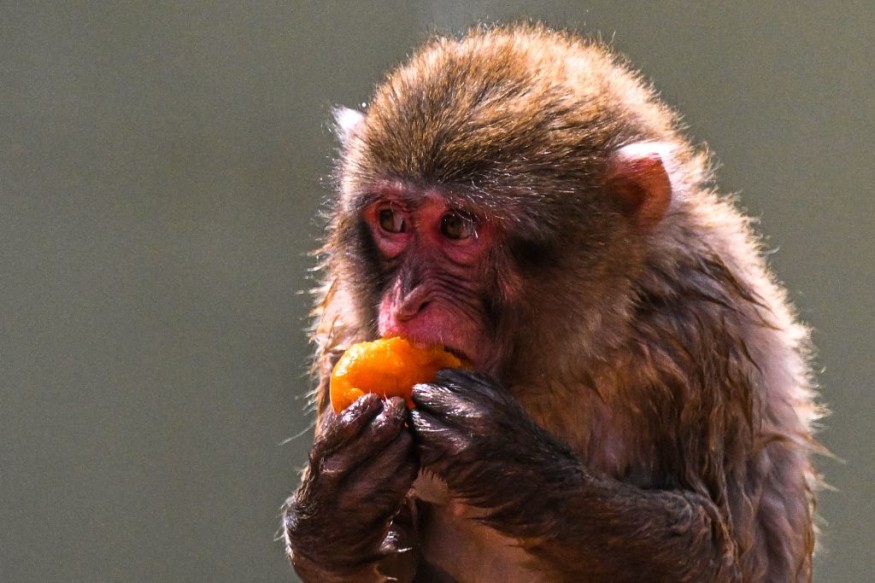An intruder who stole coins from a moat at a monkey enclosure in the city of Launceston in Tasmania, Australia, on Tuesday night, August 9, is being sought by local authorities.
The search for the suspect is more than just a criminal matter for damaging the electric fence and stealing money.
It is also a health security issue since the authorities believed that the perpetrator could have acquired a "potentially fatal" herpes virus.
As a result, the Launceston council, along with health authorities law enforcement, are urging the said individual not only to surrender but also to seek medical attention.
This is because the local officials feared that the intruder's close encounter with one or some of the monkeys could be a risk contracting the infamous "herpes b virus" carried by the primates at the enclosure, which houses macaque monkeys.
Also called the monkey B virus or herpesvirus simiae, the Simplex virus is known for infecting macaque monkeys, which it carries at ease in most cases.
This is due to the fact the virus can be asymptomatic and has not been considered by local authorities to be a risk to the monkeys.
However, limited data on the viral infectious disease could be potentially deadly to humans.
The enclosure where the macaque monkeys in Launceston are situated was built as part of a sister-city relationship between the Australian city and the Japanese city of Ikeda, where the simians came from.
The macaques are part of the so-called "Old World monkeys" which are widely distributed in Asia, Southern Europe, North Africa, and Gibraltar.
Monkey Enclosure Break-In

Launceston Mayor, Albert Van Zetten, stated the intruder evidently intended to steal the coins, adding that if the disease is in the water, it could be transferred to humans, as cited by The Guardian.
With this the council said the Tasmanian Department of Health and Tasmania police had been informed about the incident.
Mayor Van Zetten also added that it is a matter of urgency and the intruder needs to monitor symptoms like blistering, numbness, pain, and flu-like symptoms.
The Launceston official said that the monkeys exhibit ailments similar to the cold sores in humans.
This is the first time the enclosure encountered a break-in.
Herpes B Virus
The Centers for Disease Control and Prevention (CDC) states B virus infection is "extremely rare" but it can yield to severe brain damage or even death unless the affect person gets treatment immediately.
The US health body noted that people can normally get infected with the pathogen if an infected macaque monkey bites or scratches them, as well as having a contact with the primate's eyes, nose, or mouth.
Despite being a zoonotic disease, there is only one case of human-to-human transmission of the herpes virus B, which was responsible for over 30 deaths worldwide.
Commonly referred to as Rhesus Macaque (Macaca mulatta), the brown primates with red faces and rears can live up to four years while in the wild, according to the National Geographic.
© 2025 NatureWorldNews.com All rights reserved. Do not reproduce without permission.





